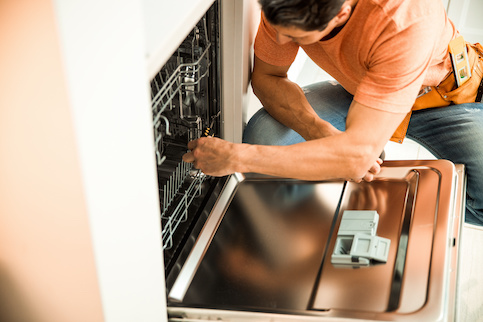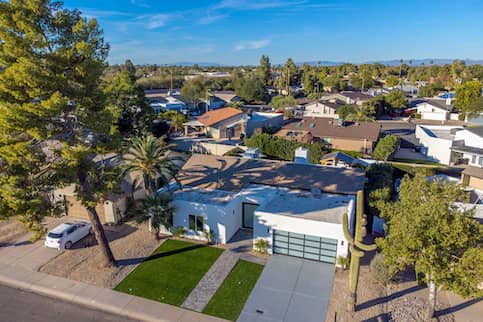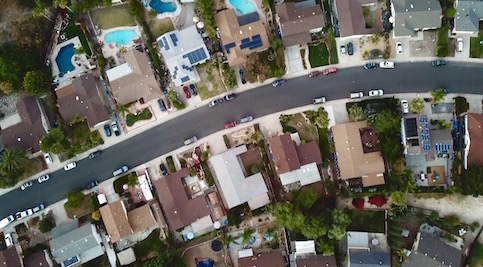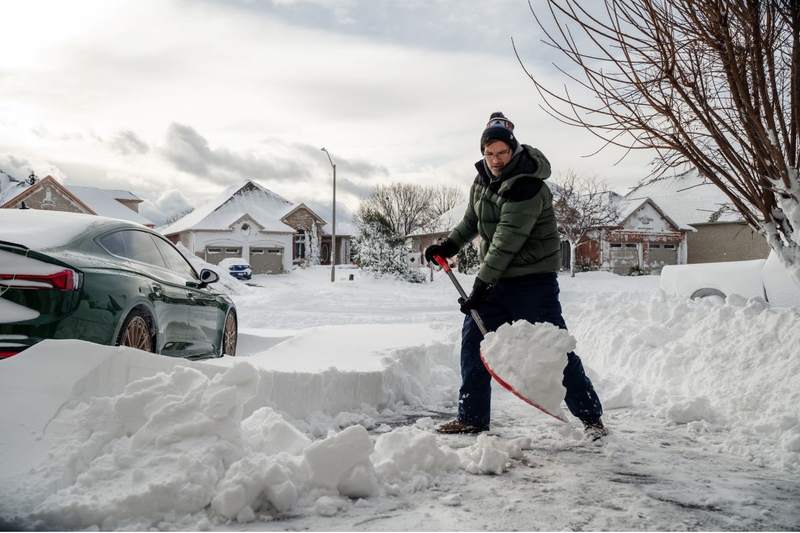It’s said that there are two certainties in life: death and taxes. We can’t live forever, but there are ways to make sure you’re not giving the government any more than you have to. When it comes to real estate, property taxes make up a big portion of housing costs. Given this, you may be asking, “Why do property taxes go up?” Let’s examine this and what you can do about it.
An Overview Of Property Taxes
Property taxes are dues that are based on the value of land and any structures that may be placed upon it. The funds are used to pay for local government operations for city services including police, fire, local park maintenance, trash collection, recreation programs and the like. They’re also used to fund local public school districts in place of tuition.
Counties fund their operations out of property taxes as well. This pays for things like county parks, local prosecutors and maintenance of roads. Both cities and counties may be responsible for things like salting the roads in the winter in northern climates.
For homeowners with a mortgage, property taxes are often included in an escrow account that allows the bill to be split up into monthly increments. Escrow analyses are conducted every year to ensure the amount being set aside in your mortgage payment is enough to pay for your real estate taxes and insurance.
If you’re mortgage free, property taxes are periodically paid directly to your local authorities. These are often split into semiannual or other incremental payments.
See What You Qualify For
Buy A Home
Discover mortgage options that fit your unique financial needs.

Refinance
Refinance your mortgage to have more money for what matters.
Tap Into Equity
Use your home’s equity and unlock cash to achieve your goals.
Why Do Property Taxes Go Up?
Property taxes go up as a result of one or a combination of a few factors: home improvements leading to increases in your home value, recent home sales showing increasing property values in your market or changes in government policies leading to higher tax rates.
When you’re doing general research on where to live, it may be easier to find the property tax rate in each state. However, it’s important to note that this is an average calculated by looking at the varying tax rates set by local government authorities. Once you’ve narrowed the area of your search, cities and townships often have tax estimators.
Home Improvements
Home improvements can cause your property tax bill to increase if they materially add value to your home. Routine maintenance like a new HVAC system or the replacement of an aging roof will only maintain your property value and not increase it. But there are many things you can do on the interior or exterior of your house to materially increase the value.
On the exterior, examples of improvements would be solar panels, sunrooms, swimming pools, decks or patios. Inside your home, improvements might include upgraded countertops, more energy-efficient windows, a remodeled bathroom or a new addition.
Nearby Home Sales
If property values have gone up in your area as evidenced by recent nearby home sales, this is another reason that your tax bill might go up as a result of a home value increase. Every state is different regarding when property values can be reassessed. Some do it periodically and others do it only after a sale or a major material improvement to a home.
When your property value is assessed for tax purposes, they’ll look at homes that have recently sold in your area that are comparable to yours. These are referred to as comps. If you have a 4-bedroom bilevel with a pool, the appraiser will try to look for recent sales in the area that match your home in order to give the most accurate property value.
Government Policies
There are two ways to think about how government policies impact your property value. There are ways in which government statutes affect the way that your property value is assessed or taxed. Then there are the ways that government budget appropriations can increase your tax bill.
When it comes to state and local statutes, there may be rules in place saying that your property value can only go up a certain amount every year regardless of the market value of the home. There are also big implications based on local or state policies around reassessment.
Some states only do reassessments every few years. They may tie increases in property value to an index in the intervening time or they may do estimates.
Second, beyond normal expenses, there are certain things that need to go to voters. If a school district wants to do a technology upgrade at a cost of $10 million and the voters approve it, this is added to your property taxes. It’s referred to as a millage because “mil” is the prefix for thousand. A certain amount is added to your tax bill for every $1,000 in home value.
View Your Refinancing Options
See recommended refinance options and customize them to fit your budget.
How Often Do Property Taxes Go Up?
Property taxes go up periodically if there’s an increase in your property value. States and localities may have their own policies regarding when reassessment takes place. For example, it may be every other year or every 5 years.
Some places have policies stating that homeowner property taxes can’t go up more than a certain percentage each year, which keeps the tax bill artificially low until the next homeowner takes over the property.
We’ve talked about taxes going up as a result of property tax assessments, but it’s worth noting they can also decrease if there’s been a drop in property value.
Tips For Lowering Your Property Tax Bill
While taxes are largely unavoidable, there are some things you can do to try to lower your bill:
- Look for tax exemptions. Tax exemptions are one way to lower or eliminate your property tax bill. Many states and local authorities have homestead exemptions, for example. This means the home you use as your primary residence is given a lower taxable value after assessment. It’s also common for there to be exemptions for the disabled or veterans of the military. Be sure to research what’s available in your area.
- Compare neighboring homes. People make mistakes, and tax assessors are no exception. In ordinary circumstances, increasing property value is a good thing, but you don’t realize that gain until the property is sold and it can increase your tax bill quite a bit. However, if you can find comparable homes in your neighborhood that have a lower value, you may have grounds for an appeal. Be sure to look at the process for your local taxing authority.
The Bottom Line
Property taxes generally go up either because the tax rate has increased – often due to a voter initiative – or because your property value has gone up. In the case of value increases, this can be due to home improvements or general market value increases in the area.
If you’re looking to lower your property tax bill, make sure you’re claiming all the exemptions that you might be eligible for in your area. You can also compare your assessed value to that of similar homes in your neighborhood. If it’s out of line on the high side, you may have a chance at a successful appeal.
Now that you know the ins and outs of property tax increases, you may be ready to move forward.
Find A Mortgage Today and Lock In Your Rate!
Get matched with a lender that will work for your financial situation.

Kevin Graham
Kevin Graham is a Senior Writer for Rocket Companies. He specializes in economics, mortgage qualification and personal finance topics. As someone with cerebral palsy spastic quadriplegia that requires the use of a wheelchair, he also takes on articles around modifying your home for physical challenges and smart home tech. Kevin has a bachelor's degree in journalism from Oakland University.












